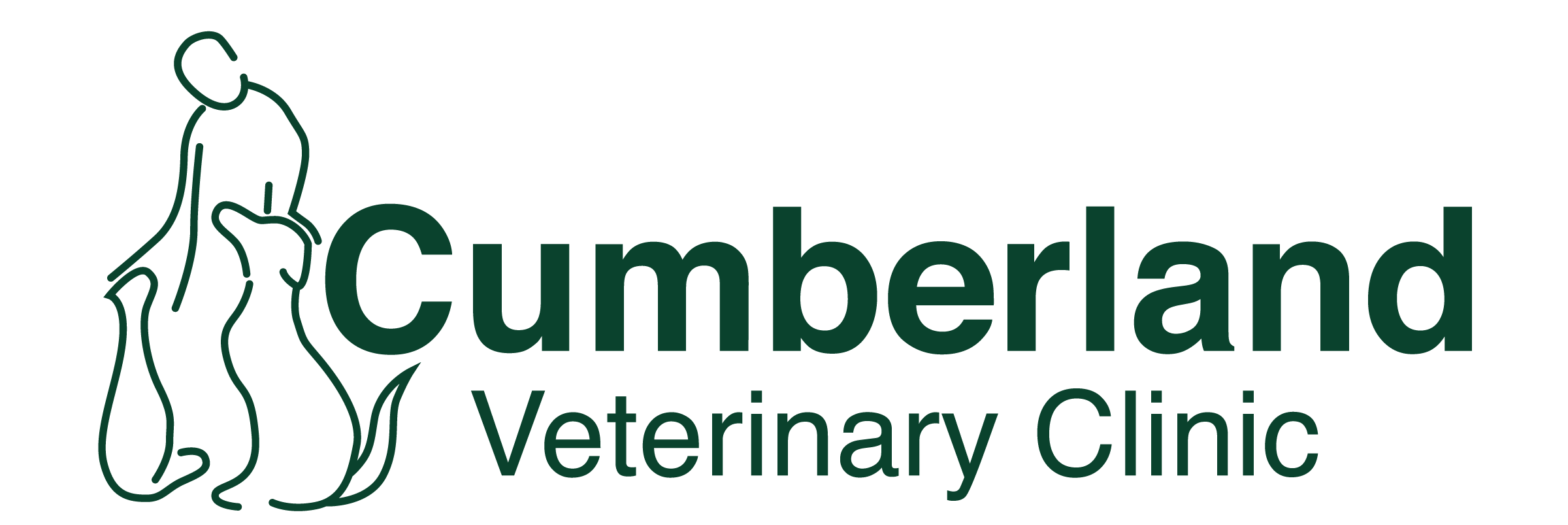Nutrition counselling supports pet parents to feed their dogs and cats balanced, well-rounded meals. Though similarities exist among different breeds and age groups, your dog or cat’s diet should be unique to them. No two dogs or cats are the same, and neither are their diets! We can provide you with dietary recommendations specific to your dog/cat.
What are the health benefits of nutrition counselling?
Your dog or cat’s diet plays a vital role in their health and well-being. Food is not only fuel that powers their body but it can also increase risk factors for certain health conditions. For example, obese dogs and cats are more likely to be diagnosed with chronic conditions like heart disease, diabetes and arthritis. A balanced diet not only reduces the likelihood of obesity but can help your dog or cat live a longer, more fulfilling life. To book a nutritional counselling appointment, please contact us at 306-373-3500.
Can puppies and kittens benefit from nutrition counselling?
Dogs and cats of all developmental stages can benefit from nutrition counselling. It’s never too early to explore how their diets can be optimized to support their health and well-being. For example, kittens and puppies shouldn’t be fed the same portions as adult cats and dogs. Kittens and puppies have special nutritional requirements that will help them grow into healthy adult cats and dogs. Large-breed puppies should be fed food specifically formulated for them, which allows them to grow at a safe pace over time. It’s also important to pay close attention to the types of treats you feed your dog or cat, which can be filled with loads of hidden calories and suspicious ingredients.
How do I choose the right food for my dog/cat?
If you have questions about specific foods or brands to feed your dog or cat, our veterinary team is happy to explore the best options available on the market. While you’re going through the dog or cat food aisle, examining ingredient lists is a great first step when typing to decide which ones to purchase. Generally, you should avoid foods that have the following:
- Excessive salt and sugar
- Artificial flavours and colours
- Glycerin
- Artificial preservatives




